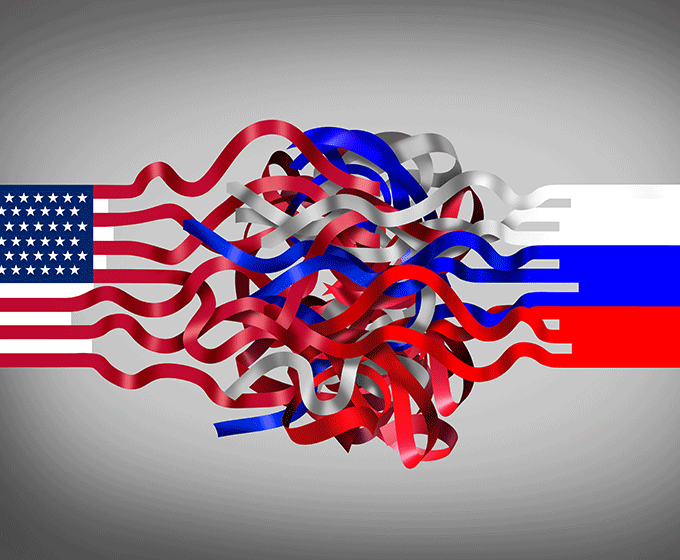Russia’s sweeping political disinformation campaign on U.S. social media was more far-reaching than originally thought, with troll farms working to discourage black voters and “blur the lines between reality and fiction” to help elect Donald Trump in 2016, according to reports released Monday by the Senate intelligence committee.
Russians broke down their messages to different groups, including discouraging black voters from going to the polls and stoking anger on the right. These campaigns pushed a message that the best way to advance the cause of the African-American community was to boycott the election and focus on other issues instead
The Russian activity went far beyond the three tech companies that provided information, reaching many smaller sites as well. The New Knowledge report details sophisticated attempts to infiltrate internet games, browser extensions and music apps. The Russians even used social media to encourage users of the game Pokemon Go — which was at peak popularity in the months before the 2016 presidential election — to use politically divisive usernames, for example.
The Russians’ attempts to influence Americans on social media first became widely public in the fall of 2017. Several months later, Mueller’s indictment laid out a vast, organized Russian effort to sway political opinion. While the social media companies had already detailed some of the efforts, the indictment tied actual people to the operation and named 13 Russians responsible.
Russian accounts attempted to connect with Americans and recruit assets, such as merchandise with certain messages, specific follower requests, job offers and even help lines that could encourage people to unknowingly disclose sensitive information to Russia that could later be used against them.
During the week of the presidential election, posts directed to right-leaning users aimed to generate anger and suspicion and hinted at voter fraud, while posts targeted to African-Americans largely ignored mentions of the election until the last minute.
Graph




